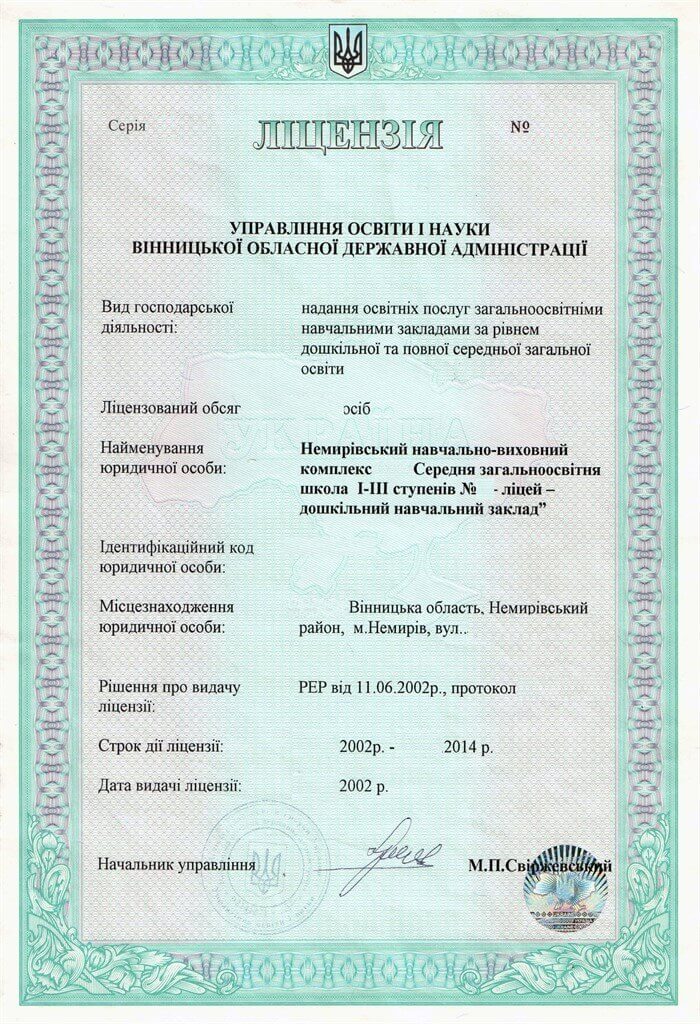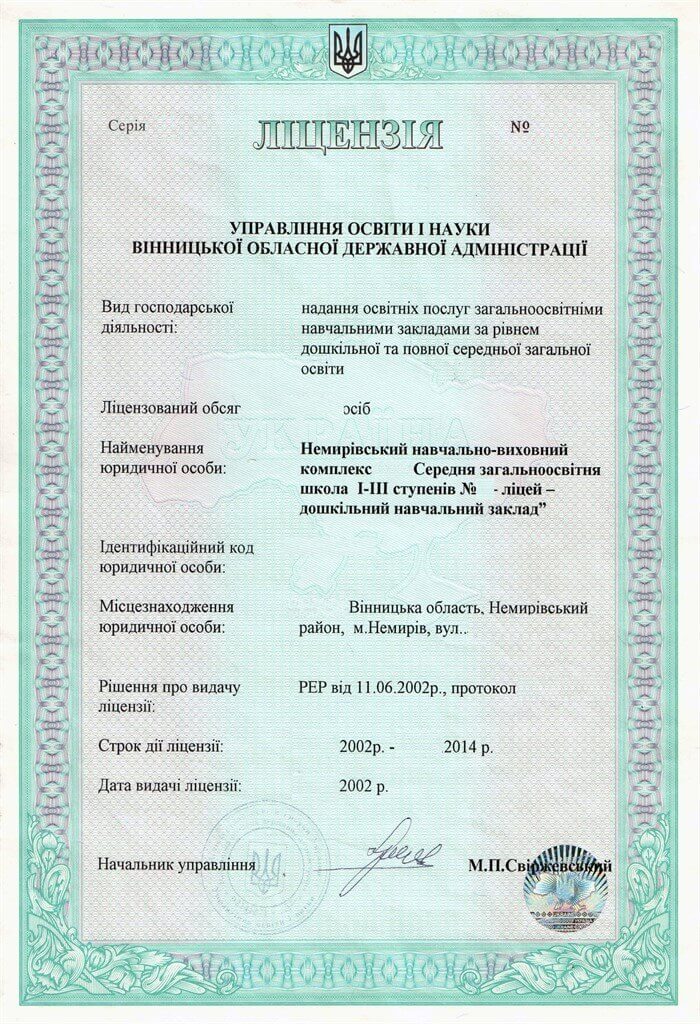How to Protect an Educational Institution from Unfair Competition?
Cost of services:
Reviews of our Clients
... our work on joint projects assured us of your high level of professionalism
In 2024, a lyceum approached us for assistance. We helped it obtain a license for educational activities and provided a full range of services to launch its operations. This included connecting the institution to AIKOM and EGEBO. However, as in any business, challenges arose. Unfair competitors attempted to undermine the lyceum by filing false complaints with the licensing authority, putting both its reputation and license at risk. Read on to find out how our company provided support in this situation.
You might also like: Connecting to EGEBO and AIKOM: Why Is It Important for Private Schools?
Inquiry from the Licensing Authority and the Risk of License Revocation
Our Client’s competitors filed a series of false complaints with the licensing authority, accusing the educational institution of operating without a license, violating regulations, and even issuing fraudulent documents. To support their claims, they included copies of supposed documents allegedly issued by our Client’s lyceum, even though the institution had no authority to issue such documents.
This posed a serious threat, attracting the attention of the licensing authority. While the claim about the lack of a license was outright defamation, which the authority quickly dismissed, as it had issued the license itself, the fabricated documents became a real concern. As a result, the licensing authority launched an investigation and sent an official request to the lyceum, demanding an explanation.
Faced with this situation, our Client had to make a crucial decision: how to respond to the inquiry in a way that would protect both their reputation and their license?
How to Respond to Inquiries from Licensing Authorities?
It is crucial to understand that ignoring a request from a licensing authority or responding with a generic statement like "it's not us" is absolutely unacceptable. If the licensing authority does not receive concrete evidence or a clear explanation as to why the accusations are unfounded, they may consider them to be valid. This could lead to the revocation of the license due to a violation of the conditions for operating an educational institution.
Our legal team conducted a thorough investigation, focusing on the underlying reasons behind the accusations against our Client. While the situation seemed straightforward, one crucial detail had initially gone unnoticed: the document submitted as "evidence" by the complainant was actually issued by another educational institution operating under the franchise of our Client. This meant that our Client had no connection to these documents, and the issue stemmed from a misidentification of the institution.
You might also like: Education Services Agreement: When Should It Be Signed?
Preparing and Submitting an Official Response to the Licensing Authority
Our task was to prove to the licensing authority that our client’s educational institution and the competitor’s institution were separate entities, as evidenced by their legal entity codes. Therefore, our client had not violated any licensing conditions. Since our client is not a subsidiary of the franchisor, they should not be held responsible for the franchisor's actions. We detailed these points in our response to the licensing authority and sent it via official letter.
Regarding the accusations of operating without a license, we provided all the necessary documents to confirm the existence of the license, but we submitted these to the complainant. We also officially requested that they refrain from making such complaints in the future, warning that our next step would be to file a lawsuit.
You might also like: Is a Website Required for an Educational Institution to Obtain an Education License?
The Importance of Legal Support for Educational Businesses
Our response fully satisfied the licensing authority. Everything fell into place, and the authority’s inquiry was successfully resolved. What’s important is that the malicious complainant finally ceased their attempts to harm our client. Clearly, the official warning from our law firm had an impact.
In the end, our client was able to focus on their core activity — educating children — rather than wasting resources on baseless complaints from unscrupulous competitors and endless inquiries from the licensing authorities. They came to appreciate the value of having a legal team that not only helps obtain licenses but also protects their interests.
If you need assistance with opening a school or another educational institution, or if you have any legal questions regarding their operation, we are here to help. Contact us for professional consultation and legal support.
Our clients














